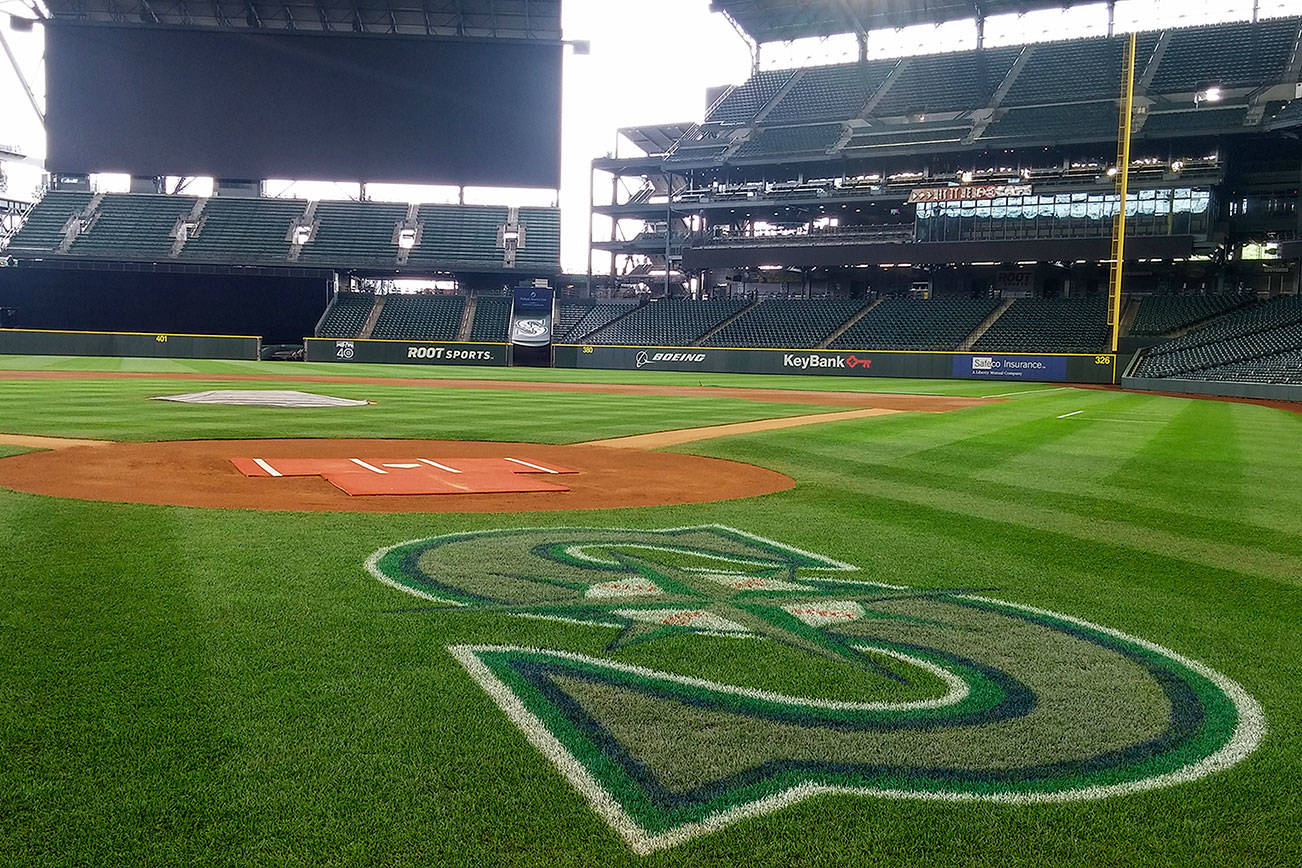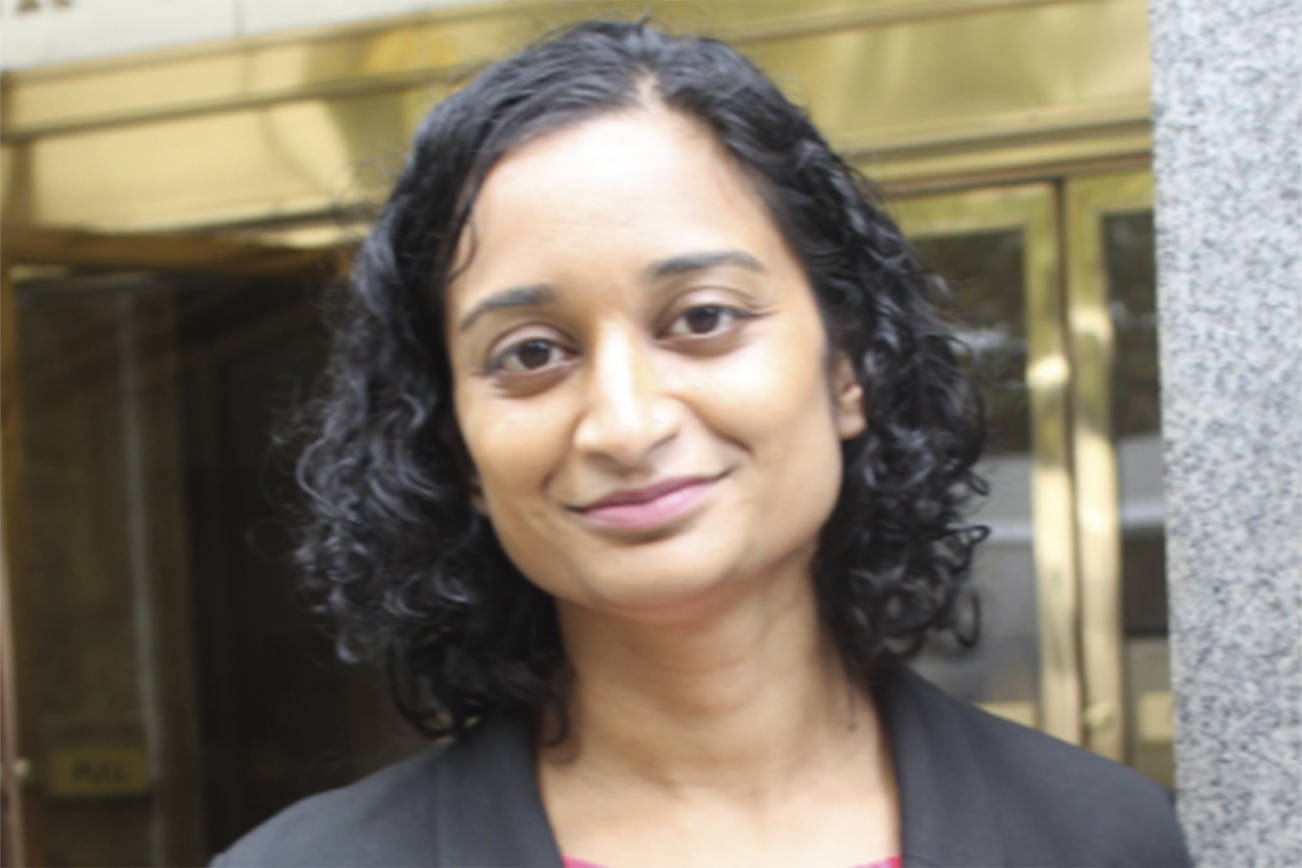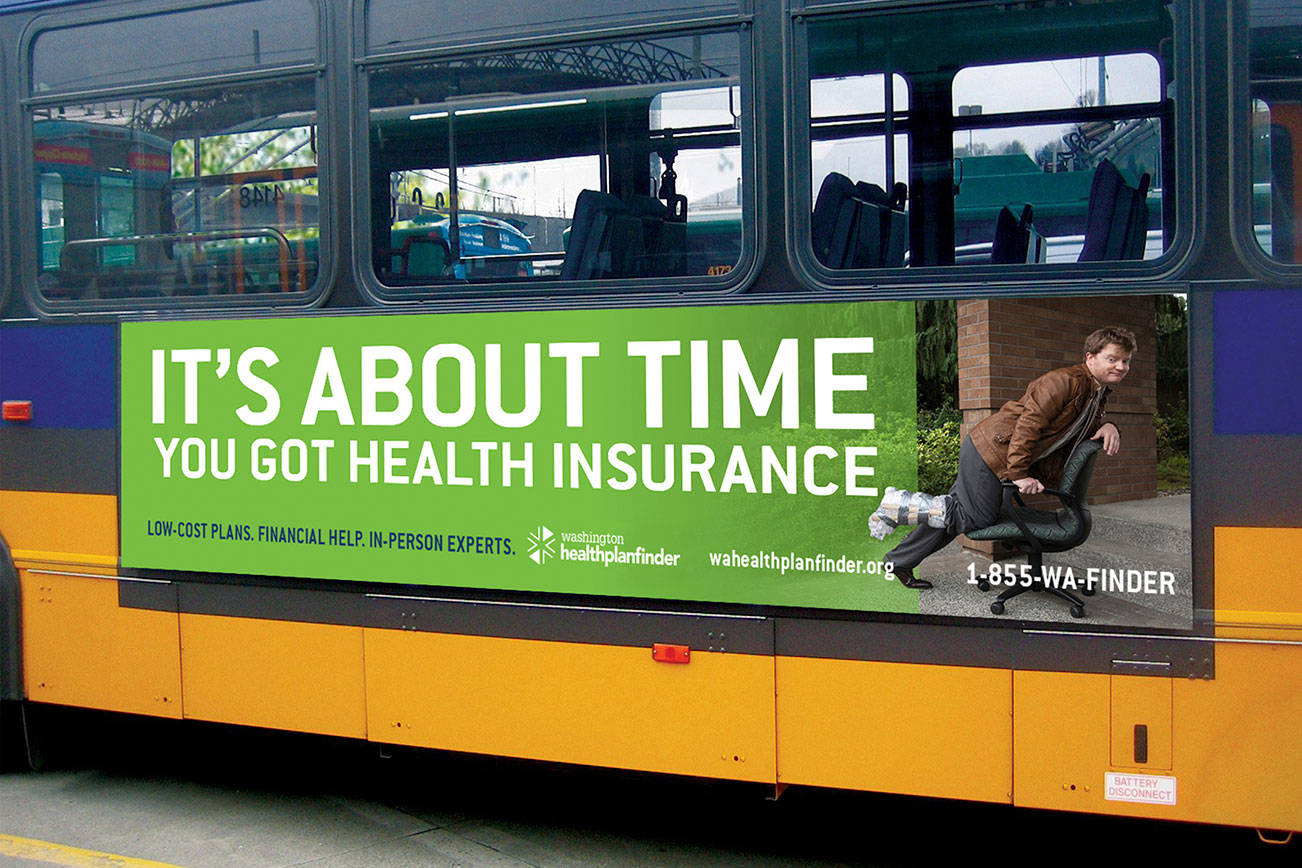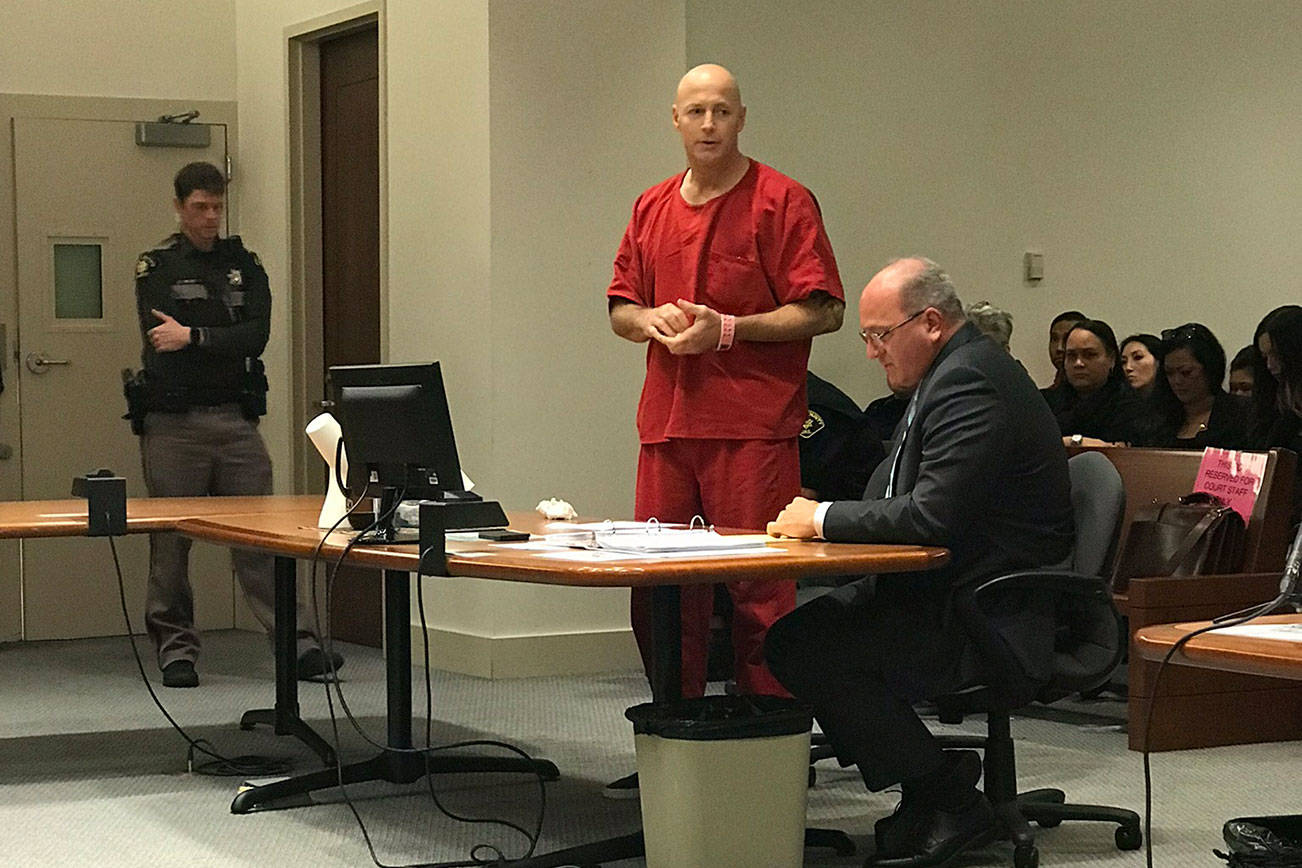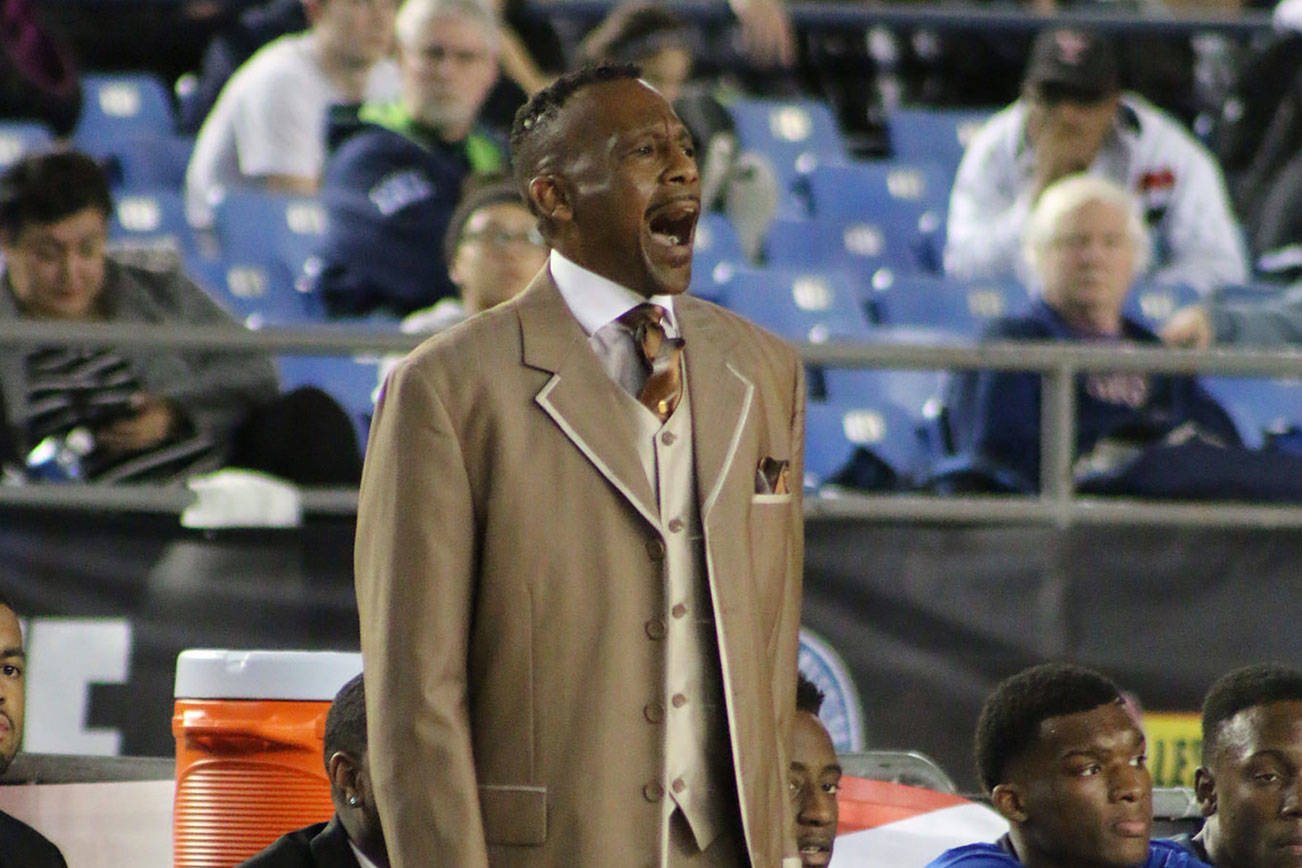In May, King County and Executive Dow Constantine laid out a proposal that would allocate roughly $180 million in public funds from the lodging tax to Safeco Field upkeep and capital improvements over the next two decades. This news led critics, including Councilmember Dave Upthegrove, to repeatedly argue that since the tax doesn’t require the county to allocate all funds toward tourism promotion, the county could and should choose to put the money into affordable housing. There’s only one snag in that plan: the Seattle Mariners have made clear that the club won’t sign its new Safeco Field lease unless King County gives them that $180 million from taxpayers to use on stadium upkeep.
The Seattle Mariners began negotiating terms for the lease renewal with the Public Facilities District (PFD)—the municipal corporation that manages Safeco Field—roughly a year ago. The Mariners’ current lease expires at the end of 2018. On May 23—the day the county announced its plans to fund stadium upkeep—the team said it had agreed to terms on a potential new 25-year lease. At the time, representatives of the PFD portrayed the agreed-upon lease terms as not tied to the proposed tax-revenue allocation. Kevin H. Callan, executive director of the PFD, told Seattle Weekly that the lease agreement was a “stand-alone set of terms.”
But according to emails between representatives from both the PFD and the Mariners obtained by Seattle Weekly through a public-records request, the team was explicit about its position that receiving the $180 million from taxpayers was part of the deal even though it was not specifically spelled out in the language of the lease’s contract. “As confirmed and set forth in prior communications with the PFD’s lease negotiation team, final lease agreement is conditioned on King County’s approval of an allocation of a portion of the county’s lodging tax revenues,” wrote Fred Rivera, Seattle Mariners executive vice president and general counsel, in an early June email to PFD board member Virginia Anderson.
“We’ve always heard that the term sheet would be conditioned on receiving a portion of the hotel/motel tax,” Callan told Seattle Weekly on June 26. He said that the Mariners are “pretty serious” about the condition: “If they don’t get something that is satisfactory or substantial enough to meet that condition that they’ve written, then we’ll probably be back at the drawing board and we’ll be starting over again.”
The Mariners are not shy about discussing this condition—the team views it as fair for King County to contribute to maintaining the publicly financed Safeco Field. “This [stadium] is owned by the county, and the question is how much should the county pay for its building?” Rivera told Seattle Weekly on July 20. “The discussion [between the Mariners and the PFD] was ‘What’s a fair amount for the club and for the PFD to contribute to make sure that those nuts-and-bolts items are appropriately taken care of over the next 25 years?’ and that’s what resulted in this financing plan.”
Rivera also said that, if the allocation isn’t made, that they “would have to go back to the table” with the PFD and “determine how the publicly owned stadium will be kept in a first-class condition.”
According to an outside consultant assessment of Safeco Field’s long-term capital investment needs, the facility needs almost $300 million to keep it in a “first-class manner” through 2036. This comprises roughly $190 million in direct investment, $68 million in escalation (to account for rising costs in goods and services), and $39 million in “contingency funds” for unforeseen conditions or unanticipated investments.
The lodging-tax funds—also commonly referred to as the “hotel/motel tax”—have long gone toward paying off the bonds used to construct stadiums like the Kingdome and CenturyLink Field. But these debts will be fully paid in 2020, making $36 million annually available for other uses starting in 2021. State law dictates that 37.5 percent of the revenue go to affordable housing, another 37.5 to arts programs, and the remainder to tourism promotion. According to emails between Constantine and his staff obtained by Seattle Weekly through a public-records request, the executive acknowledges that the leftover funds from the lodging tax can technically go to affordable housing.
The tourism-promotion money pool is where funding for Safeco Field upkeep would come from—roughly $4 million in 2021 and increasing annually through 2043 due to rosy tax-revenue projections. (Under the proposed lease terms, the lodging-tax revenue would go into a stadium capital-maintenance fund, which the Mariners would also pay into.)
Neil deMause, a Brooklyn-based freelance journalist who is the co-author of Field of Schemes: How the Great Stadium Swindle Turns Public Money into Private Profit has regularly covered stadium-financing deals, told Seattle Weekly that asking for tax dollars for facility maintenance is a new way for sports teams to extract public dollars for further stadium investment. “A lot of sports teams are probably thinking right now, ‘We can’t really demand a new stadium right now, but how can we get more money that isn’t ours,’ ” deMause said. “This is also a fairly new gambit, to be demanding maintenance funds.”
According to the consultant report on Safeco Field’s capital needs, the stadium and the Mariners generate $100 million in wages annually for 2,200 jobs. Additionally, the assessment also found that the facility is projected to produce $46 million in tax revenue for Seattle and King County and $140 million for Washington state over the next 20 years.
The lodging-tax allocation is now under the purview of the King County Council. While a number of Councilmembers have said that they would support the executive’s proposal, Councilmember Rod Dembowski, chair of the Committee of the Whole (the policy committee to which the Safeco maintenance-funding ordinance was referred), hasn’t brought it up for a vote yet and isn’t sold on its merits.
“Where I’m at on the request, it seems a little rich to me out of the gate,” Dembowski told Seattle Weekly. “I haven’t been convinced yet. … I still need the case made to me that, number one, the money is needed, and number two, that the proposal is for the right amount and for the right things. I personally believe that housing, which these funds can be used for, is a higher priority and we want to make sure that we take that into consideration.”
Dembowski said that the proposal will be brought up for initial discussion on Monday, July 30, with a potential vote on August 29. He added that he doesn’t want to “rush it.”
According to internal County Council emails, Mariners representatives scheduled a flurry of meetings with various councilmembers regarding the lease terms and Safeco’s maintenance needs. In a May 24 email to Constantine, Mariners majority owner John Stanton wrote that team staff were “working hard” to get public support for the new lease terms and lodging-tax allocation by calling councilmembers and the media.
If the lodging-tax allocation doesn’t come through, both the PFD and the Mariners will have to go back to the drawing board on negotiating new lease terms and a financing plan for stadium upkeep. Both Callan at the PFD and Mariners’ spokesperson Rebecca Hale said that a likely path forward would be to get a lease extension on the Mariners’ existing lease while new lease terms get re-negotiated.
While the PFD board voted 7-2 for the new lease terms, Callan said that even the members who approved it were “very uncomfortable” voting for it given the underlying lodging-tax allocation condition. “It is very precarious,” he said.
DeMause points out that the Mariners aren’t exactly negotiating from a position of absolute strength given the organization’s historic roots to Seattle. “Yes, Seattle wants the Mariners to sign a lease extension. But at the same time the Mariners need to sign a lease extension, because where the hell else are they going to go?” he said. “It’s not like there are a whole lot of great markets outside of Seattle.”
However, while the Mariners have set a firm condition that the club will not sign its new long-term lease without the lodging-tax money, the team is not threatening to leave Seattle if it doesn’t get its way. “There is no thought of the Mariners leaving Seattle,” Rivera said. “I want to be absolutely clear about that.”
Correction (July 25): A previous version of this article incorrectly stated that King County Executive Dow Constantine authored a June editorial supporting the county lodging tax allocation, when the piece was actually authored by The Seattle Times Editorial Board.
jkelety@seattleweekly.com
